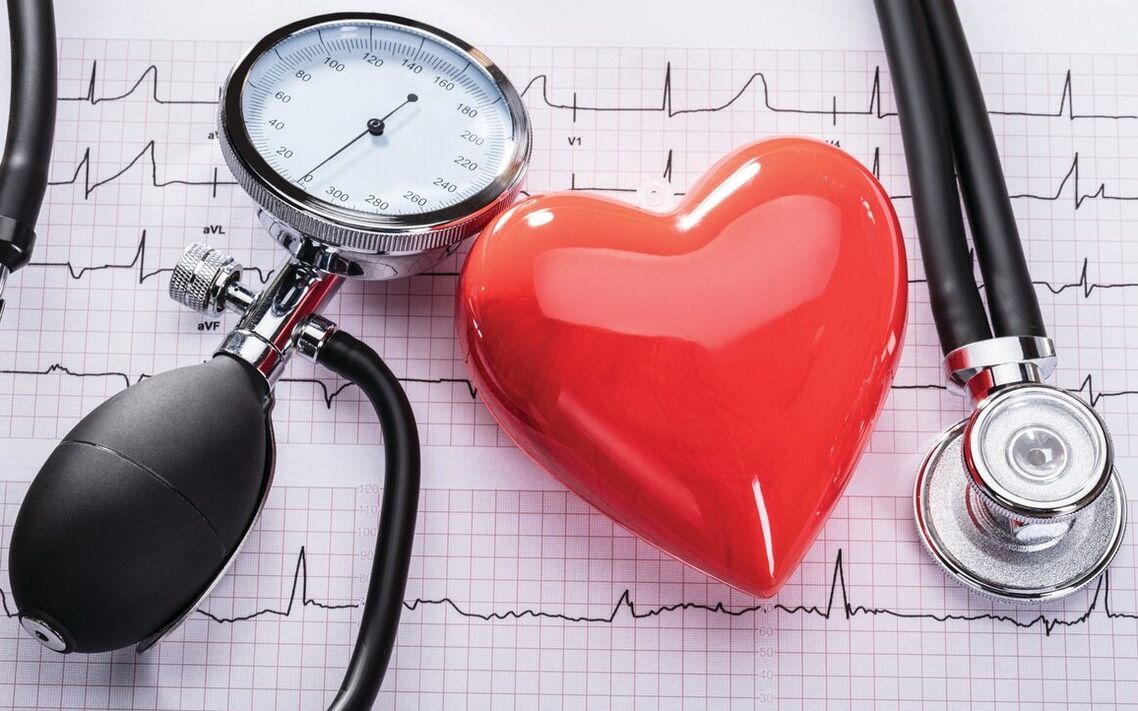
Hypertension, essential hypertension, arterial hypertension or arterial hypertension?
What is high blood pressure?
Symptoms of high blood pressure
- tinnitus
- Flying "flies" and the veil before your eyes
- common weakness
- sleep disorders
- Dizziness
- feeling of heaviness in head
- Palpitations
causes of high blood pressure
- genetic predisposition
- chronic stress
- salt consumption
- Less physical activity, etc.
- For women, the cause of high blood pressure may be the body's restructuring period during menopause.
How to measure pressure?
- Blood pressure should be measured at rest, after 5 minutes of rest, and while sitting
- The tonometer cuff should be positioned at heart level with its lower edge 2 cm from the elbow
- Blood pressure should be measured daily and recorded in a blood pressure diary.
Treatment of high blood pressure
- Get up to 30 minutes of regular physical activity each day
- Low-calorie diet and weight loss
- Reduce salt intake
- Limit alcohol consumption
- Reduce intake of saturated fatty acids and cholesterol-rich foods
- Increase fruit consumption
- quit smoking























